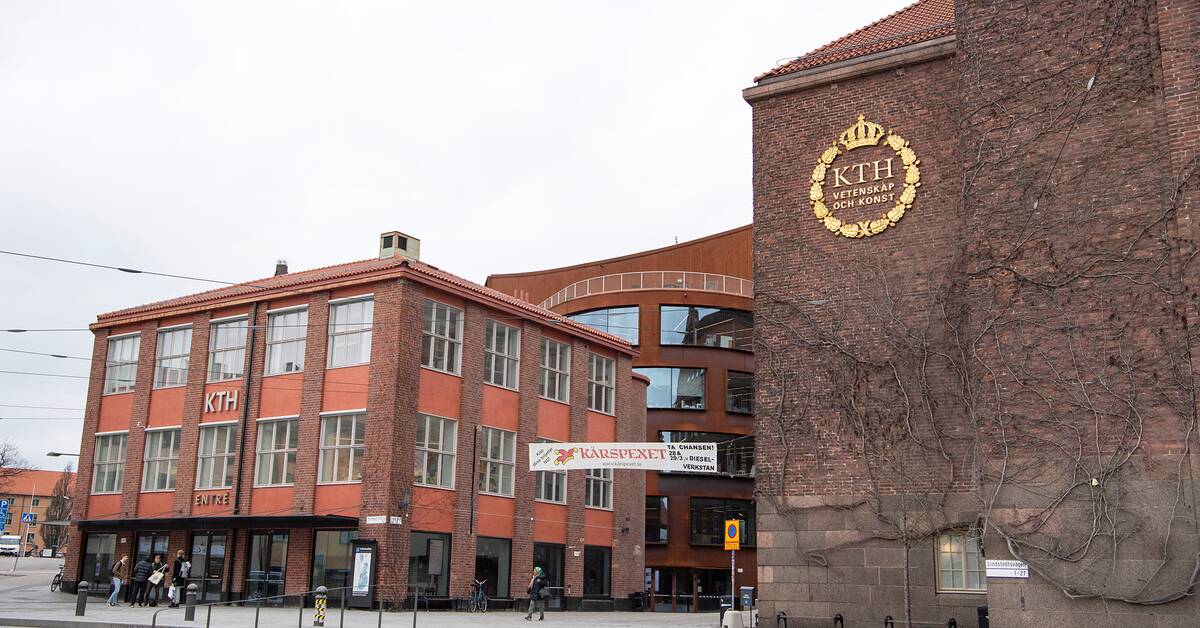The program in question is the Chinese Scholarship Council (CSC) run by the Chinese regime.
According to DN's disclosure, the Royal Institute of Technology (KTH), Lund University, Karolinska Institutet, Uppsala University and other Swedish universities have for a long time received research students via CSC.
The agreements the students signed include that they must remain loyal to the leadership of the Communist Party, serve the interests of the regime and never participate in "activities" that go against the will of the authorities.
Otherwise, their family members in their home country may end up in financial debt to the state, reports DN.
Karolinska Institutet has paused its collaboration with CSC and the universities of Lund and Uppsala no longer accept CSC students.
This after it was discovered a couple of years ago that a research student in Lund signed a contract in which it appeared that relatives in the home country risked being liable for damages if the student did not complete his education.
KTH is still accepting doctoral students
At KTH, the collaboration with CSC is still ongoing.
DN has been able to identify at least 30 doctoral students who have been accepted by the university through the program in recent years.
In the review, Stefan Östlund, vice chancellor for international relations at KTH, is asked, among other things, how he interprets the letter that the students may not act against the interests of the Chinese state.
- I interpret it as that they should behave and do well when they are abroad.
Most scholarship organizations have such letters.
I can understand that and it's nothing strange, he tells DN.
Stefan Östlund is also asked if the wording, in terms of China's reputation, can be interpreted as limiting the students' freedom of expression when they go to study abroad.
- I understand the problem and that is why we now have a constructive dialogue with CSC.
We have cooperation with many countries that have different rules and a different culture than our own, and then there is often a balancing act, he says to DN.

